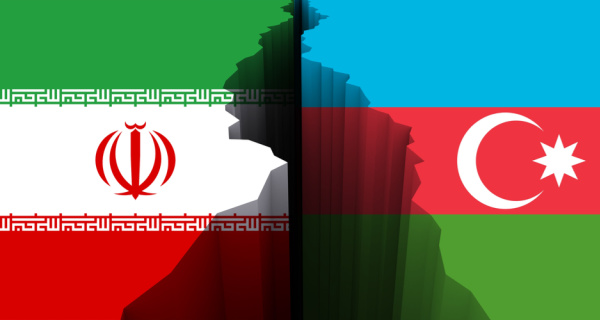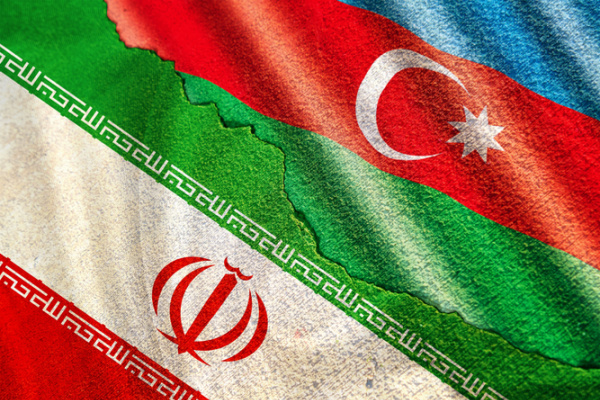President Aliyev: “Relations between Azerbaijan and Iran are at the Lowest Level Ever”
By Brenda Shaffer
May 8, 2023
From day one of the independence of the Republic of Azerbaijan, Iran has been hostile toward Baku and consistently acted to undermine its security and independence. However, over the last year the ties between the two bordering countries have deteriorated to an unprecedented level, with Azerbaijan’s President Ilham Aliyev describing relations between Azerbaijan and Iran as “at the lowest level ever.” President Aliyev in a recent meeting with researchers laid out the factors that have led to this downturn. President Aliyev stated that in Iran, “terror is organized on a governmental level.”

Iran-Azerbaijan Tensions and the Tehran Embassy Attack
By Alexander Yeo and Emil A. Souleimanov
May 8, 2023
On January 27, a gunman entered Azerbaijan’s embassy in the Iranian capital, killing a security officer. This violent incident appears to have taken place following numerous requests made by Azerbaijani diplomats to their Iranian colleagues to strengthen the security measures around the South Caucasian country’s embassy in Tehran. This is an unprecedented act of violence, comparable only to the incident in the summer of 2001 when an Iranian warship and fighter aircraft threatened a British Petroleum-navigated Azerbaijani vessel exploring the oil reserves of an area in the south-western Caspian contested by Iran. The event is regarded by some observers as a turning point in Azerbaijani–Iranian relations, and has been followed by a diplomatic spat between the two countries.

The “North-South” transport corridor finally kicks off
By Fariz Ismailzade
September 26th, 2016, The CACI Analyst
The frequently discussed but always delayed “North-South” transport corridor was finally kicked off during a trilateral summit of three Presidents in Baku in August. It will bring major geopolitical changes to the region and further cement the growing ties between Russia, Azerbaijan and Iran. Coupled with the “East-West” transport corridor, Baku is set to become a transport hub of the greater Eurasia.
Iran's empowerment in Central Asia and the South Caucasus
By Richard Weitz
October 19th, 2015, The CACI Analyst
Although international attention regarding Iran naturally gravitates towards Tehran’s activities in the Persian Gulf and the nuclear realm, Iran is also an active player in the South Caucasus, Central Asia, and Afghanistan. Thanks to its nuclear deal with the great powers, the subsequent relaxation of sanctions, and the growth of regional terrorism and Russian military activism, Iran’s influence in the region is set to grow considerably in coming years, though not necessarily to the benefit of the regional states or their Western partners.




